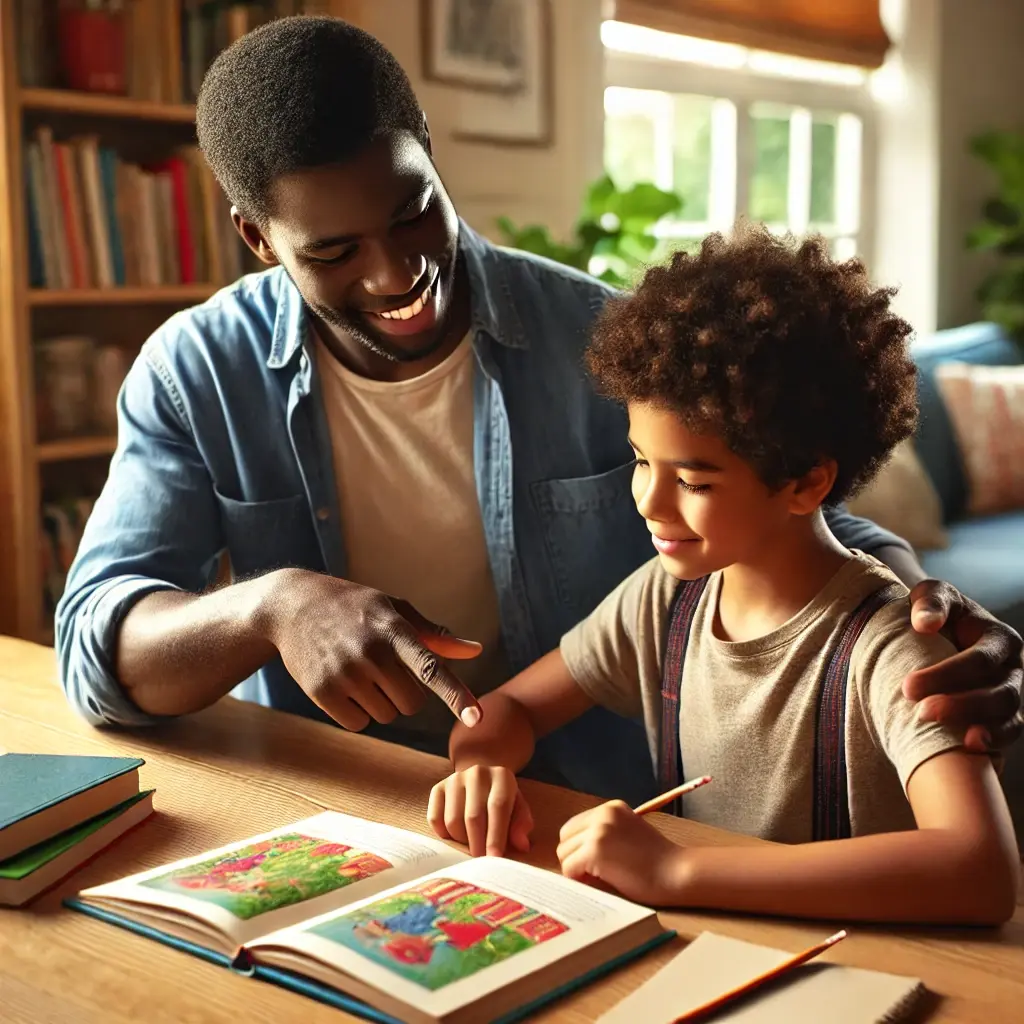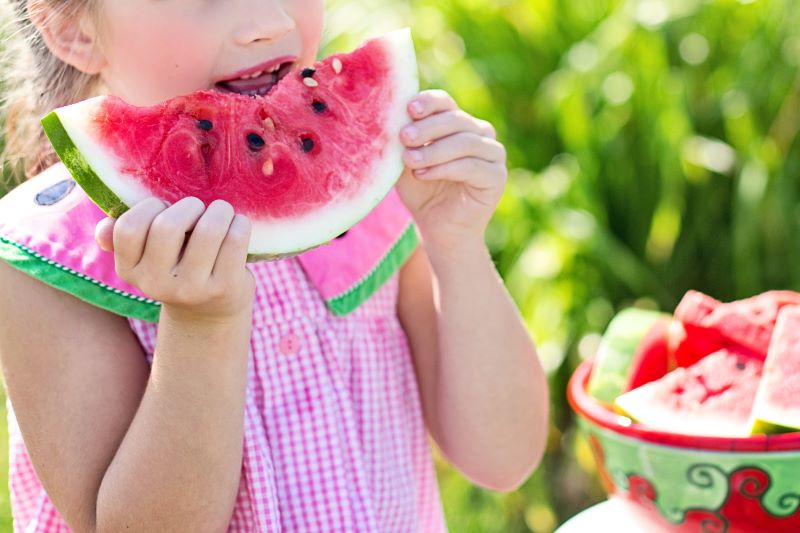 Parents are constantly wavering between public versus private education for their kids. If your child is about to start grade school this fall, this is decision is probably on your mind 24/7. But even parents of older children still come back to this debate. What is the difference between private and public education?
Parents are constantly wavering between public versus private education for their kids. If your child is about to start grade school this fall, this is decision is probably on your mind 24/7. But even parents of older children still come back to this debate. What is the difference between private and public education?
There are many things to consider when deciding where your child will be for six hours a day, five days a week. What type of afterschool programs do they offer? Is there enrichment opportunity? What do the arts and music department offer? What about sports? What about parent and teacher involvement? As you can see the list goes on and on. When it comes to private versus public education, here are six key questions to ask.
- What will your child learn?
In private education, the school board and teachers have final say for the curriculum. They can tailor it to be as rigorous or laid back as they see fit. While you will have more wiggle room in the private school curriculum, there can also be gaps in the education. Public schools are all held to the same standard of Common Core. Every state can augment their Common Core curriculum, but each school is expected to meet these standards and each child will be on the same level as their peers in most respects.
- Who Pays for It?
Private schools generate funding from tuition, grants, and endowments. Each child is charged for their education but often have greater opportunities than those enrolled in public schools. Public and charter schools are funded through the government and tax-payer dollars. Each child attends free of charge, regardless of their family’s socioeconomic status.
- How is the School Regulated?
Private schools are accountable to private accreditation agencies, such as the National Association of Independent Schools. Public schools, on the other hand, report to the State Board of Education for their accreditation. They also must comply with the local, state, and federal laws, as well as their rules and regulations. These include No Child Left Behind as well as Title 1. Fortunately, private and public schools both obey state and local building, fire, and safety codes.
- Who is Teaching Your Child?
Public school teachers must all be certified. They all pass the same background tests and screenings. Private schools do not require the same certification for their teachers. However, many private school teachers hold advance degrees in their fields, most of them doctorates.
- Will Your Child Get In?
For a public school, the only thing that determines a child’s admission is if their home is in that school's zoning. Private schools can deny admissions to any child they consider unqualified, based on their own criteria. No child will be turned away from a public school if they live in the geographical area of the school.
- What is the Class Size?
This is where you can really see the difference between public and private schools. Some public schools reach over 30 students per class. Most private schools keep their classes on average between 10 and 15 students.
Keep in mind, when you are considering schools and looking at the class size the “student to teacher ratio” can be misleading. This ratio is not necessarily the class size. Often schools will include faculty such as student teachers, substitutes, tutors, and some non-teaching staff such as coaches and administrators in this ratio.
All that being said, it is going to be a toss-up either way. The public education will be a more suitable choice, financially, for many parents. However, private education, while often pricier, will most likely offer your child more opportunities and advancements in their education. Public education is regulated by government standards and is held accountable by public elected officials. Yet, private education can offer a more involved and rigorous academic experience.
Having these facts in mind, you will be able to make a more informed decision for your child’s education.
Sourced through:





